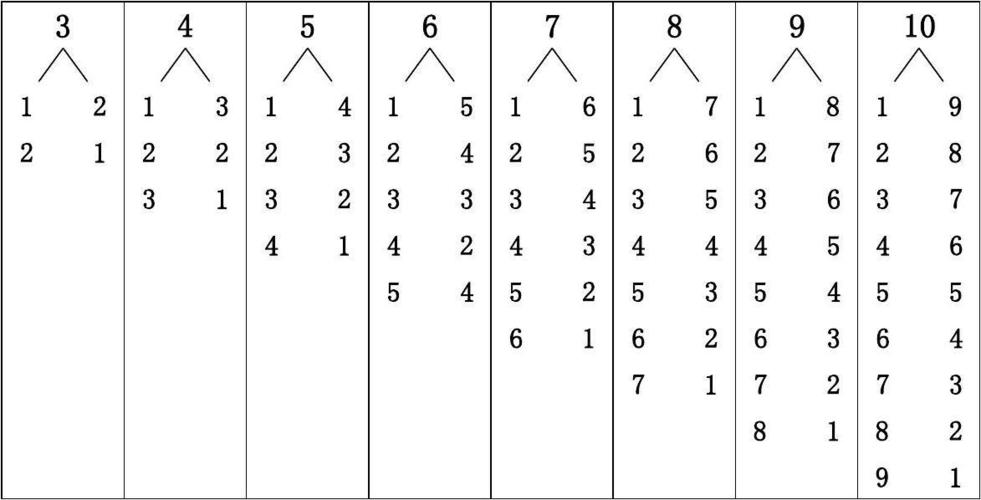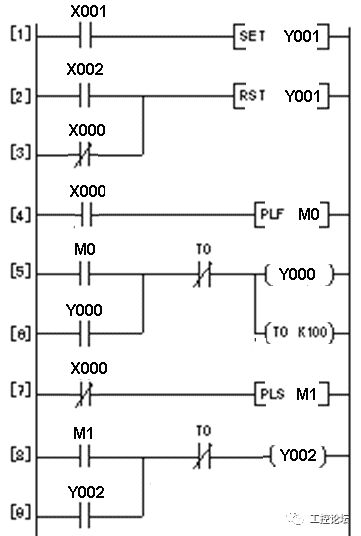Exploring the Exciting World of Parallel Programming Competitions
Parallel programming competitions offer an exhilarating platform for programmers to showcase their skills in optimizing code for parallel execution on multicore processors, distributed systems, GPUs, and other parallel computing architectures. These competitions not only foster innovation but also provide participants with opportunities to learn, collaborate, and push the boundaries of parallel computing. Let's delve into the captivating realm of parallel programming competitions, exploring their significance, key aspects, and tips for success.
Understanding Parallel Programming Competitions
Parallel programming competitions typically revolve around solving computationally intensive problems by leveraging parallelism effectively. Participants are tasked with developing parallel algorithms and implementing them in programming languages like C, C , Java, Python, or specialized parallel programming frameworks such as CUDA for GPUs or OpenMP and MPI for multicore CPUs and distributed systems.

Significance of Parallel Programming Competitions
1.
Skill Development
: Competitions challenge participants to enhance their parallel programming skills, problemsolving abilities, and algorithmic thinking.2.
Innovation
: Participants are encouraged to explore novel parallelization techniques, optimizations, and algorithms to improve performance and efficiency.3.
Community Engagement
: Competitions foster a sense of community among parallel computing enthusiasts, encouraging knowledge sharing, collaboration, and networking.4.
Career Opportunities
: Successful participation in competitions can enhance participants' resumes, attract potential employers, and open doors to career opportunities in highperformance computing, data science, and related fields.Key Aspects of Parallel Programming Competitions
1.
Problem Complexity
: Competitions feature a diverse range of problems spanning various domains such as numerical computing, image processing, data analytics, simulation, and more, each with its unique parallelization challenges.2.
Scalability
: Solutions must be scalable to efficiently utilize the available computing resources, whether it's a multicore processor, a GPU cluster, or a distributed computing environment.3.
Performance Optimization
: Optimizing code for performance is crucial, involving techniques such as loop parallelization, workload distribution, data partitioning, memory management, and minimizing synchronization overhead.4.
Algorithm Design
: Designing parallel algorithms that balance workload distribution, minimize communication overhead, and exploit parallelism effectively is essential for achieving optimal performance.5.
Debugging and Testing
: Debugging parallel code and ensuring correctness across different parallelization strategies and input sizes require robust testing methodologies and debugging tools.Tips for Success in Parallel Programming Competitions
1.
Understand Parallel Computing Concepts
: Familiarize yourself with parallel computing concepts, including parallel architectures, parallel algorithms, concurrency, synchronization, and parallel programming models.2.
Practice Regularly
: Practice solving parallel programming problems on platforms like LeetCode, Codeforces, or HackerRank to sharpen your skills and gain experience in tackling diverse parallelization challenges.3.
Learn Parallel Programming Frameworks
: Gain proficiency in popular parallel programming frameworks and libraries such as OpenMP, MPI, CUDA, and OpenCL, understanding their features, strengths, and limitations.4.
Collaborate and Learn from Others
: Participate in online forums, communities, and hackathons to collaborate with peers, exchange ideas, and learn from others' experiences and strategies.5.
Experiment and Innovate
: Don't hesitate to experiment with different parallelization techniques, optimizations, and algorithms to discover innovative solutions that can outperform conventional approaches.6.
Optimize for Performance
: Prioritize performance optimization by profiling your code, identifying bottlenecks, and applying optimization techniques tailored to the specific characteristics of the problem and computing environment.7.
Stay Updated
: Keep abreast of the latest developments in parallel computing, including new parallel architectures, programming models, optimization techniques, and tools, to stay competitive in the rapidly evolving field.Conclusion
Parallel programming competitions offer a thrilling arena for programmers to demonstrate their parallel computing prowess, tackle challenging problems, and push the boundaries of performance and efficiency. By understanding the significance of these competitions, mastering key aspects, and following tips for success, participants can embark on an exhilarating journey of exploration, learning, and innovation in the captivating world of parallel programming. So, gear up, embrace the challenge, and embark on your quest to conquer parallel programming competitions!
版权声明
本文仅代表作者观点,不代表百度立场。
本文系作者授权百度百家发表,未经许可,不得转载。











